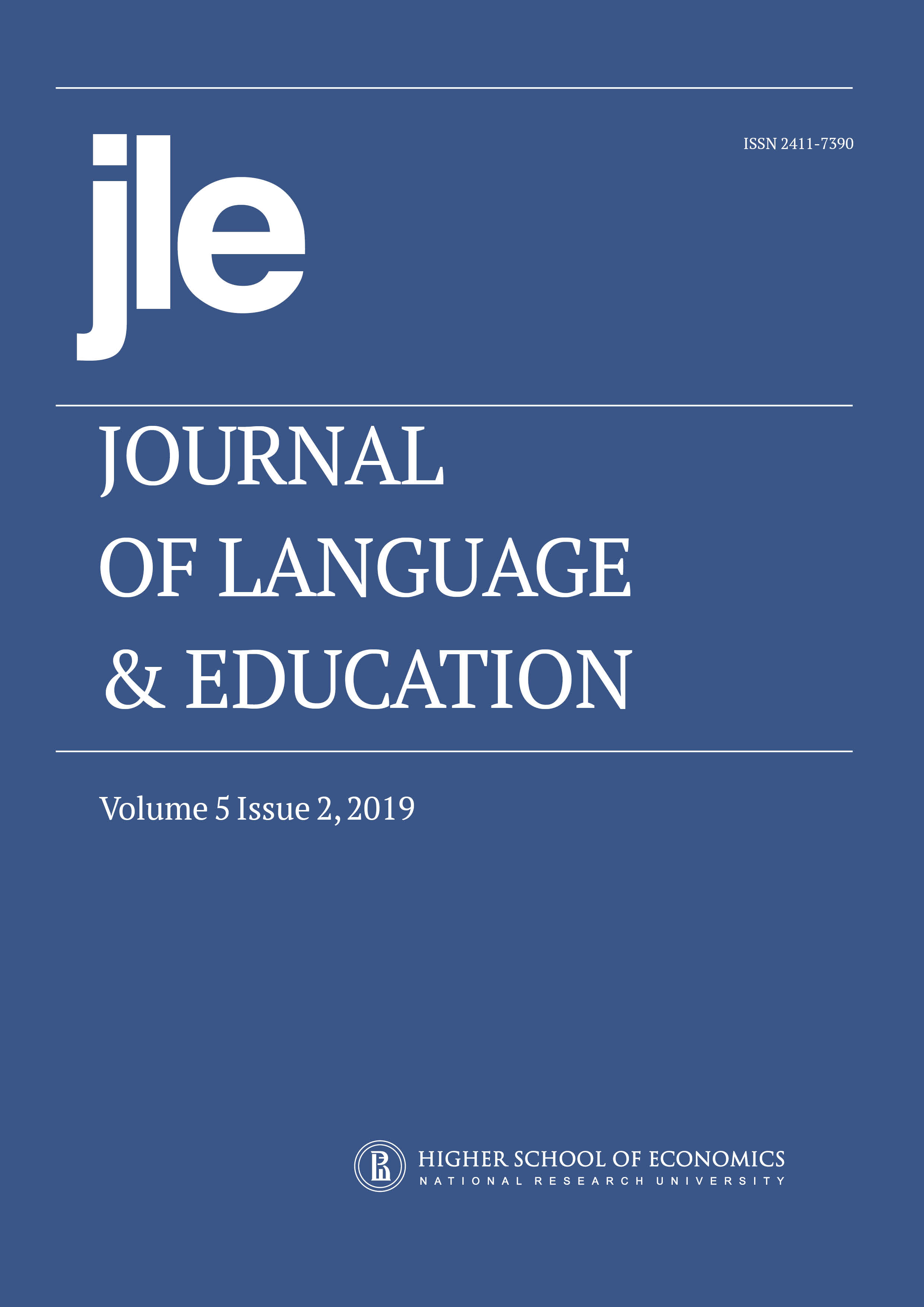Does Communicative Language Teaching Help Develop Students’ Competence in Thinking Critically?
Abstract
Critical thinking is one of the non-subject related learning goals which students are expected to develop in British education. Undergraduate students are offered to study language through the Institution-Wide Language Programme (IWLP) in the UK and most language teachers use Communicative Language Teaching (CLT). Paying attention to these two facts, this study investigates if CLT helps develop students’ critical thinking. Using Hofstede et al.’s educational culture as a framework, the underlying pedagogies for both CLT and critical thinking were identified and the similarities and differences are compared. It was concluded that CLT helps to develop students’ critical thinking as it shares with critical thinking pedagogies and elements of an educational culture. However, the pedagogy of independence was not shared. It is suggested that language teachers should give students the opportunity to think for themselves during class in order to encourage students’ independence using CLT.
Downloads
Copyright (c) 2019 National Research University Higher School of Economics

This work is licensed under a Creative Commons Attribution 4.0 International License.
Authors who publish with this journal agree to the Copyright Notice.



